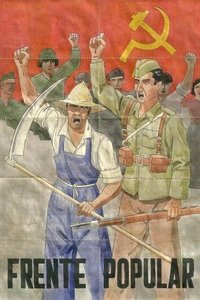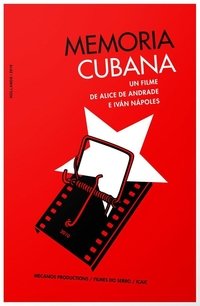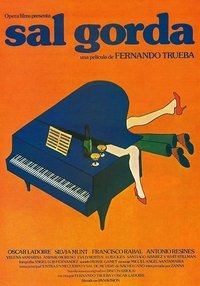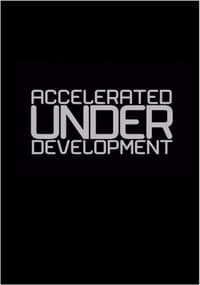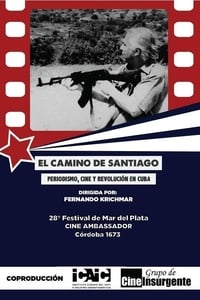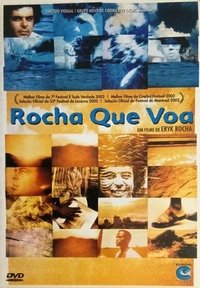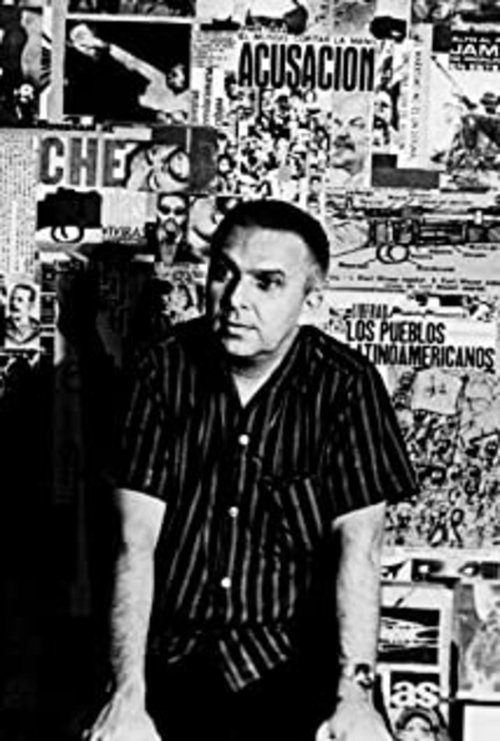
Santiago Álvarez
Biography
He studied in the United States but in the mid-1940s returned to Cuba, where he worked as a music archivist in a television station and participated in Communist Party activities.[1] After the Cuban Revolution he became a founding member of the Cuban Film Institute (ICAIC) and directed its weekly Latin American Newsreel.[2]
One of his most famous works, the short Now (1964) about racial discrimination in the US, mixed news photographs and musical clips featuring singer/actress Lena Horne. Other well-known works included the anti-imperialist satire LBJ (1968) and 79 Springs (1969), a poetic tribute to Ho Chi Minh. In 1968, he collaborated with Octavio Getino and Fernando E. Solanas (members of Grupo Cine Liberación) on the four-hour documentary Hora de los hornos, about foreign imperialism in South America.
Among the other subjects he explored in his films were the musical and cultural scene in Latin America and the dictatorships which gripped the region.
The second chapter of French director Jean-Luc Godard's Histoire(s) du cinéma is dedicated to Álvarez, amongst others.[3]
He died of Parkinson's disease in Havana on May 20, 1998 and was buried there in the Colon Cemetery.
Acting (6 movies)
Directing (40 movies)
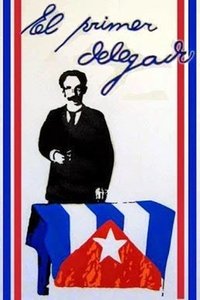
The First Delegate
1975
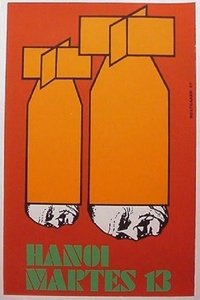
Hanoi, Tuesday 13th
1969
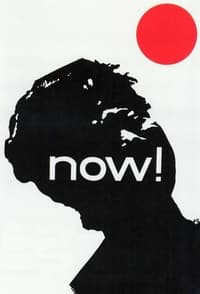
Now!
1965
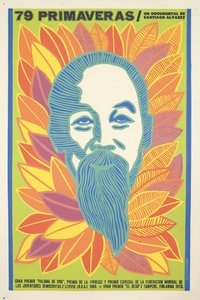
79 Springs
1969
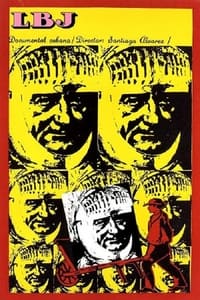
LBJ
1968
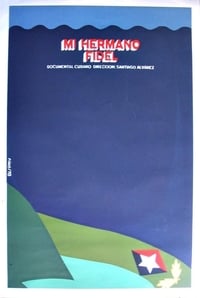
My Brother, Fidel
1977
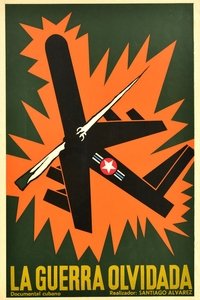
The Forgotten War
1967
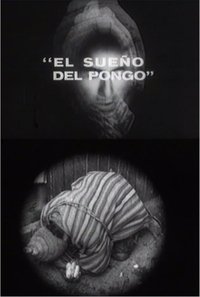
The Servant's Dream
1970
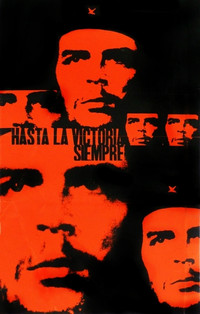
Hasta la Victoria Siempre
1967
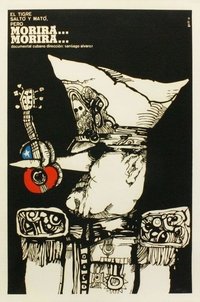
The Tiger Leaps and Kills, But It Will Die... It Will Die...
1973
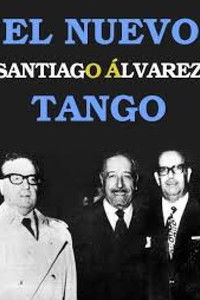
The New Tango
1973
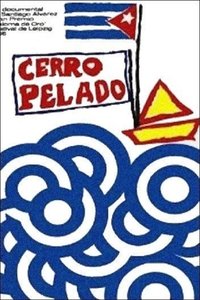
Cerro Pelado
1966
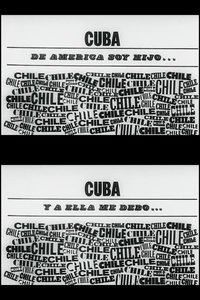
I Am a Son of America
1972
Piedra sobre piedra
1970
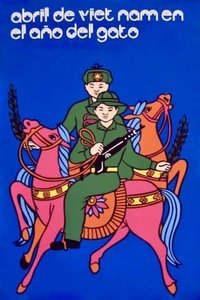
April in Vietnam in the Year of the Cat
1975

Cyclone
1964

¿Cómo, por qué y para qué se asesina un general?
1971
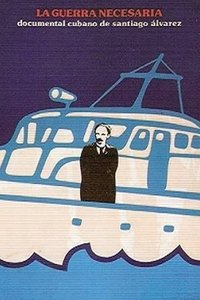
The Necessary War
1980
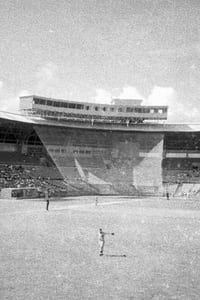
Noticiero ICAIC Latinoamericano No. 466: Celebration of the VI Amateur World Series in the Dominican Republic. Cuba-USA Final.
1969
Noticiero ICAIC Latinoamericano, No. 422
1968

Noticiero ICAIC Latinoamericano
1960
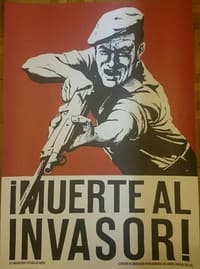
Muerte al invasor
1962
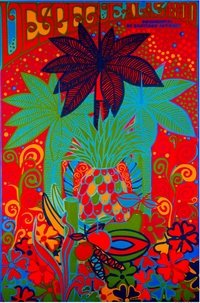
Take-Off at 18:00 Hours
1969
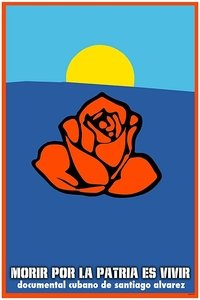
To Die for Your Country Is to Live Forever
1976
The Stampede
1971
La hora de los cerdos
1973
The Four Bridges
1974
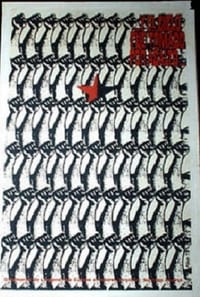
And Heaven Was Taken by Storm
1973

Año 7 (Noticiero No. 290)
1966
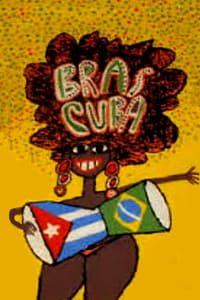
Brascuba
1987
Crisis en el Caribe
1962

Maputo meridiano novo
1976
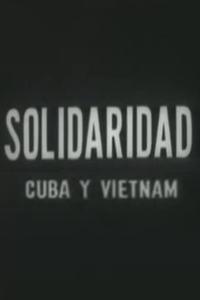
Solidaridad Cuba y Vietnam
1965

El octubre de todos
1977
Abril de Girón
1966

Luanda ya no es de San Pablo
1976
Biografía de un carnaval
1983
Historia de una Plaza
1989
[Opening speech for the retrospective “Cuban Documentary Film”] [excerpt]
1974
El milagro de la tierra morena
1974
| Title | Year | Job |
|---|---|---|
| El Tomate | 1959 | Producer |
| Crisis en el Caribe | 1962 | Producer |
| Crisis en el Caribe | 1962 | Writer |
| Solidaridad Cuba y Vietnam | 1965 | Writer |
| Abril de Girón | 1966 | Writer |
| Hanoi, Tuesday 13th | 1969 | Writer |
| Take-Off at 18:00 Hours | 1969 | Writer |
| 79 Springs | 1969 | Writer |
| The Servant's Dream | 1970 | Screenplay |
| The Tiger Leaps and Kills, But It Will Die... It Will Die... | 1973 | Writer |
| The New Tango | 1973 | Writer |
| The First Delegate | 1975 | Writer |
| Luanda ya no es de San Pablo | 1976 | Writer |
| Maputo meridiano novo | 1976 | Writer |
| My Brother, Fidel | 1977 | Writer |
| El octubre de todos | 1977 | Writer |
| Biografía de un carnaval | 1983 | Writer |
| Brascuba | 1987 | Writer |
| Historia de una Plaza | 1989 | Writer |
